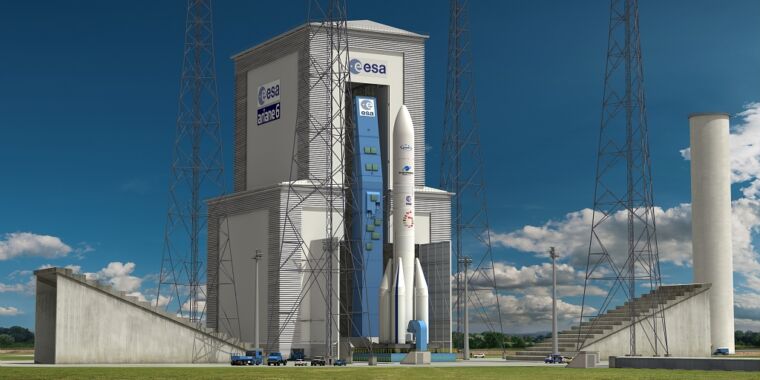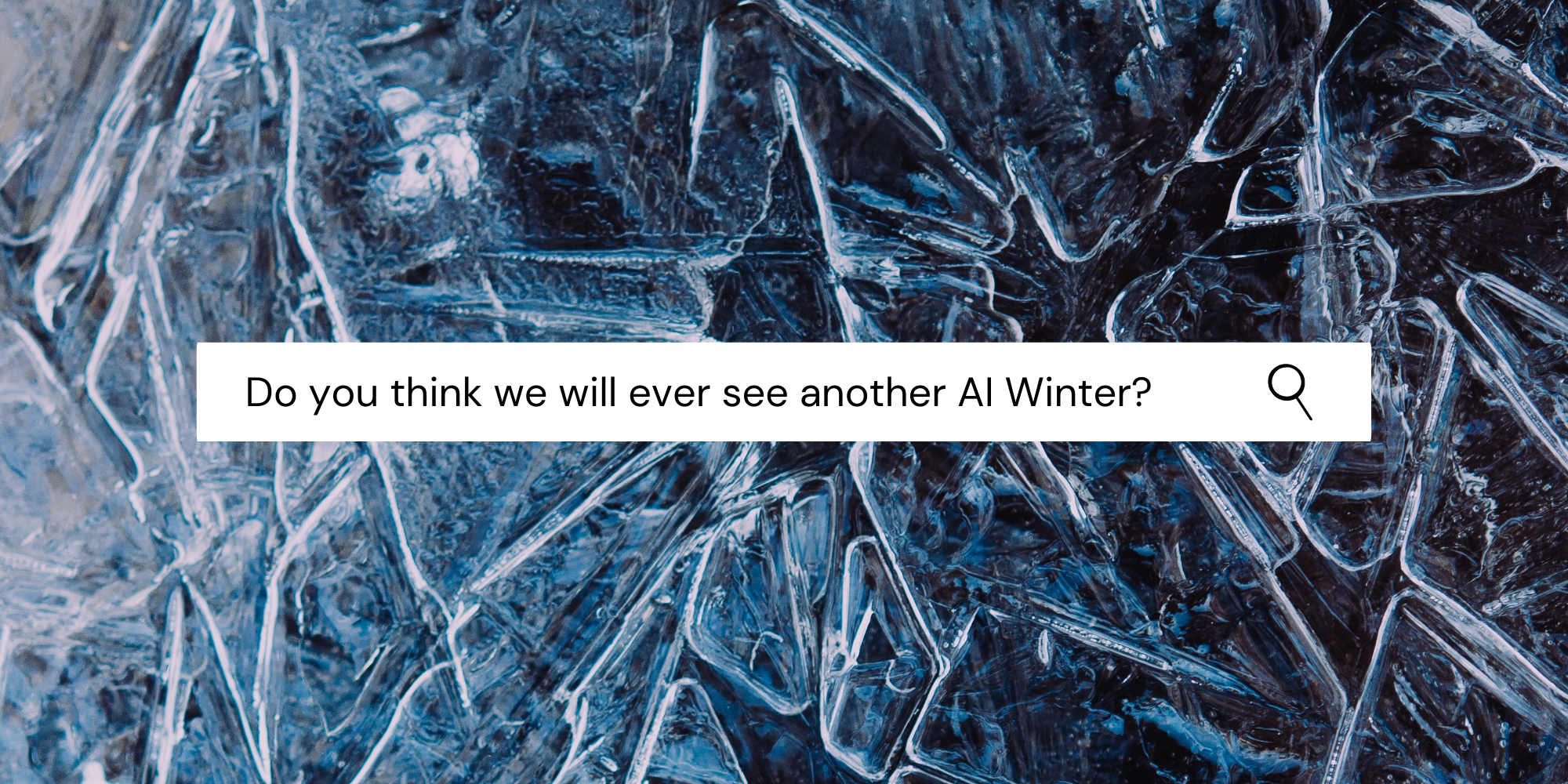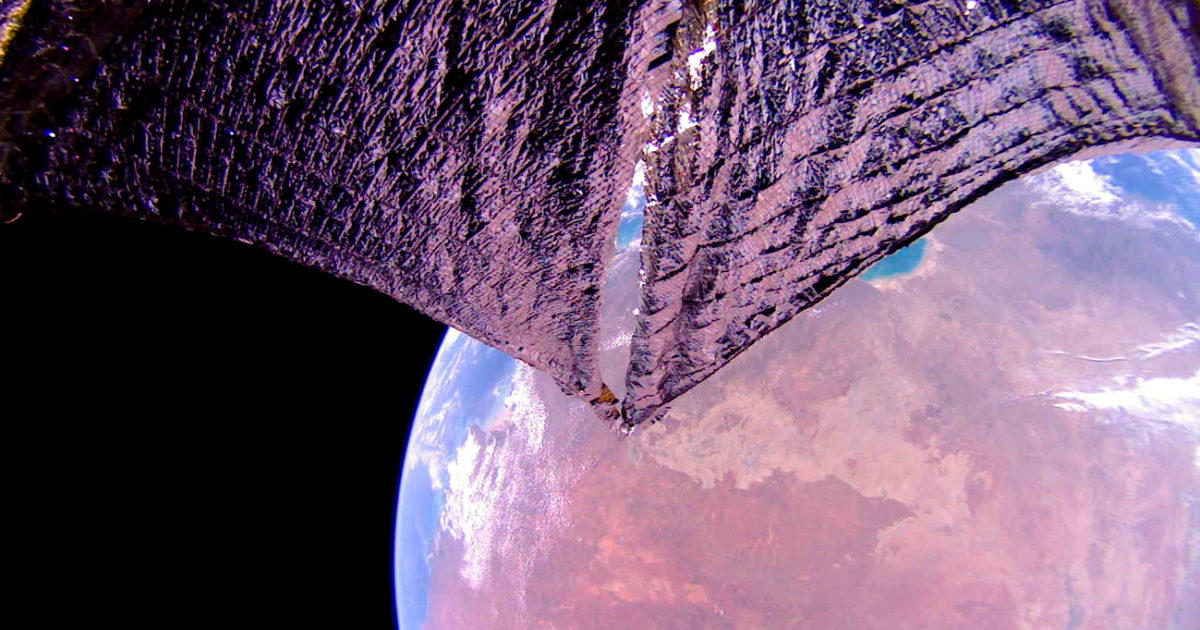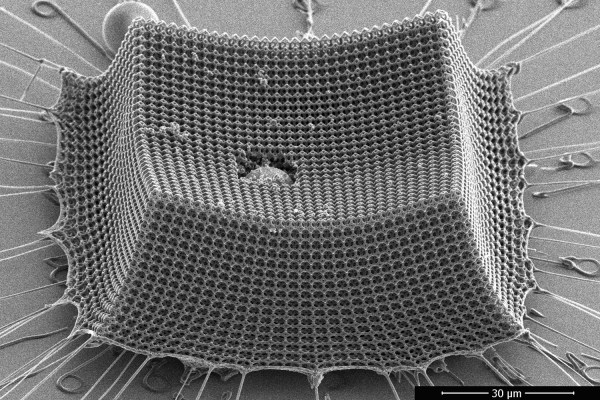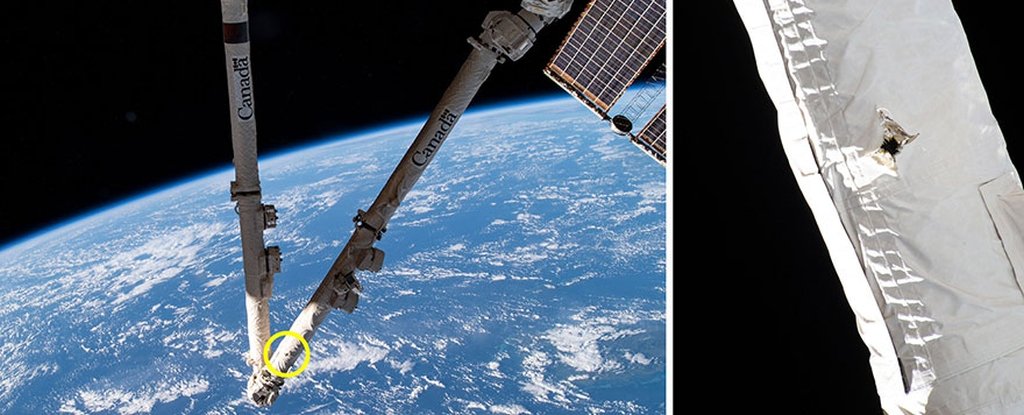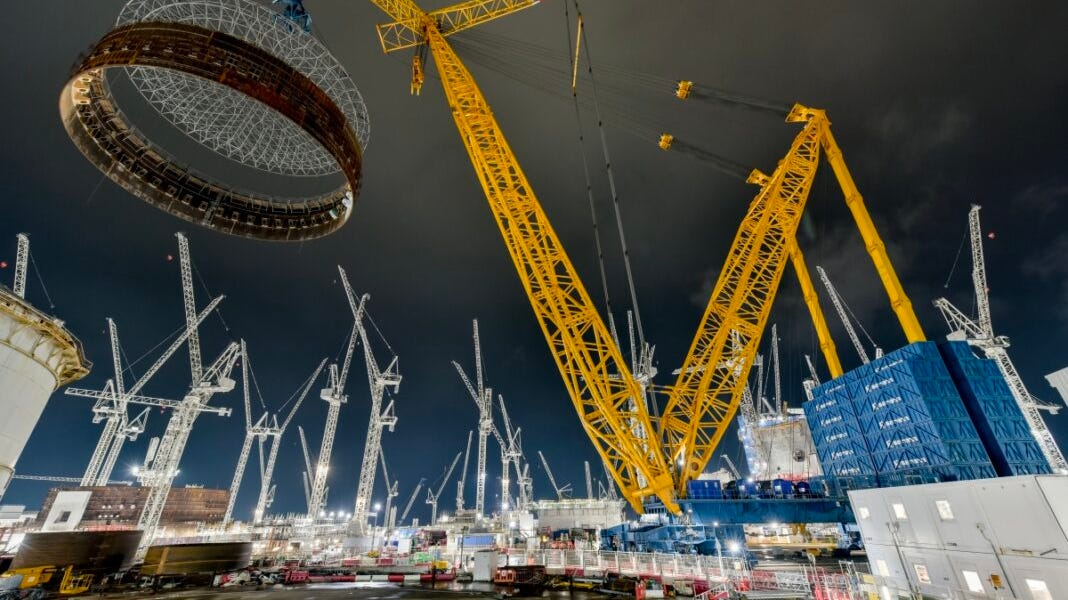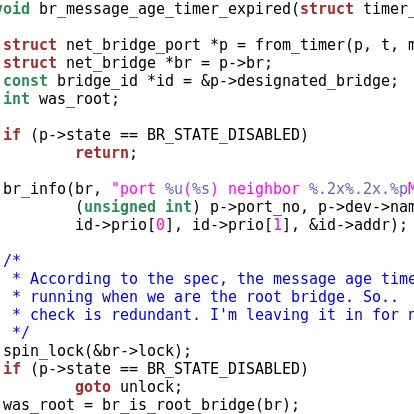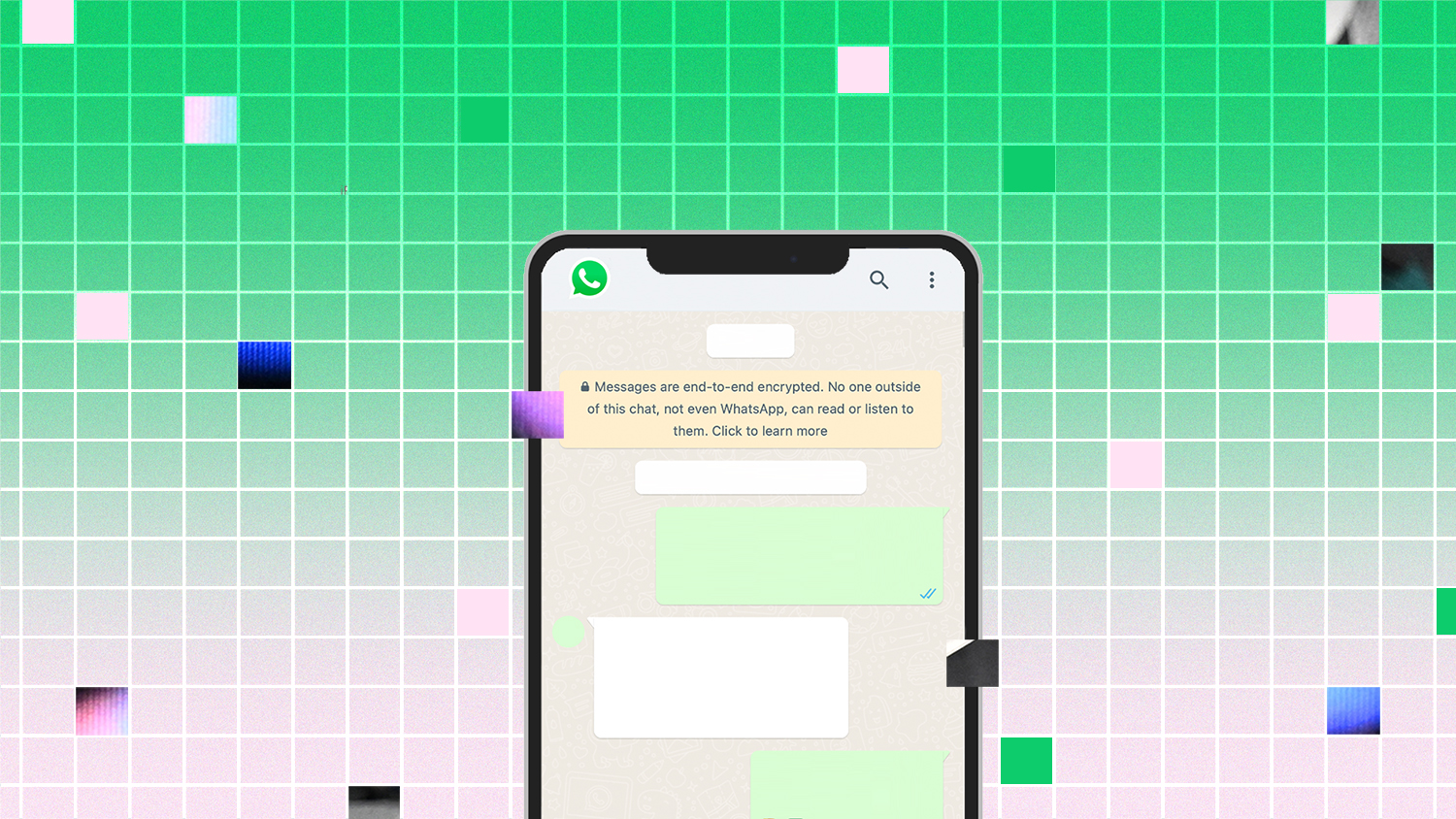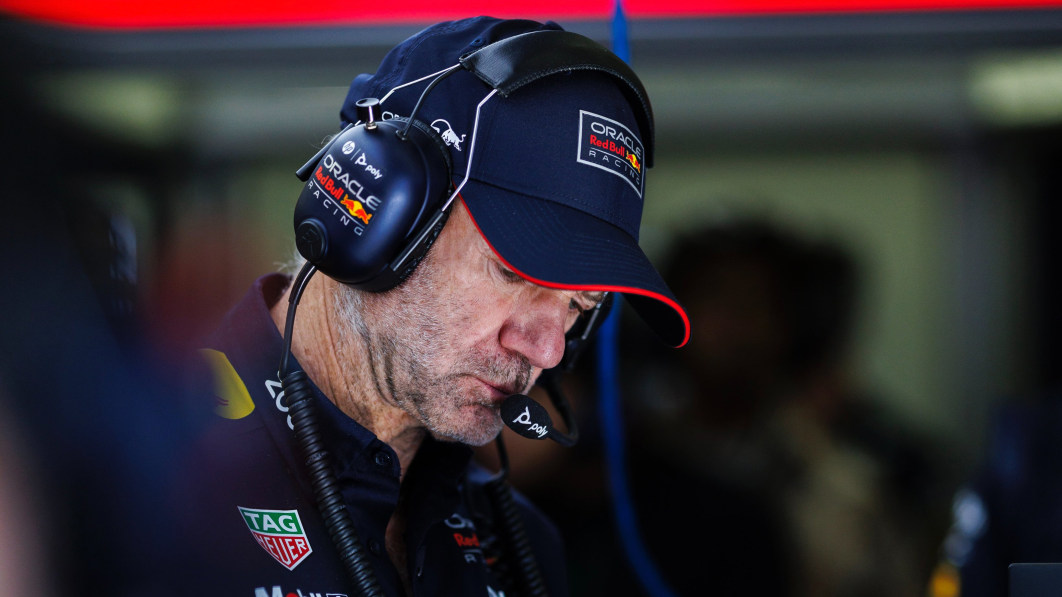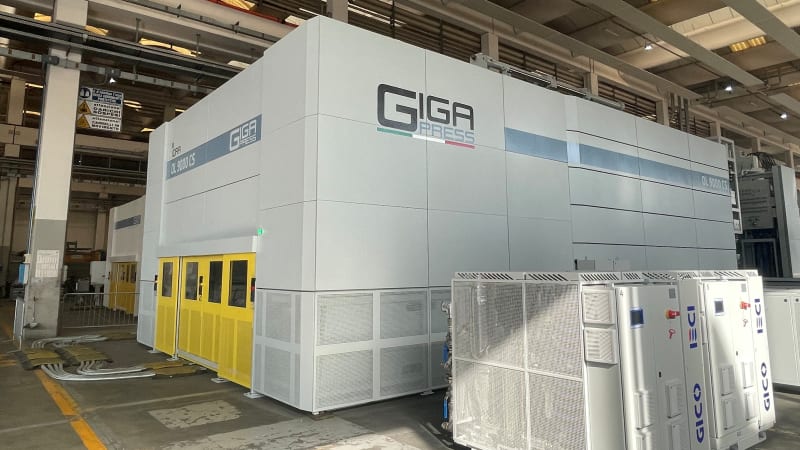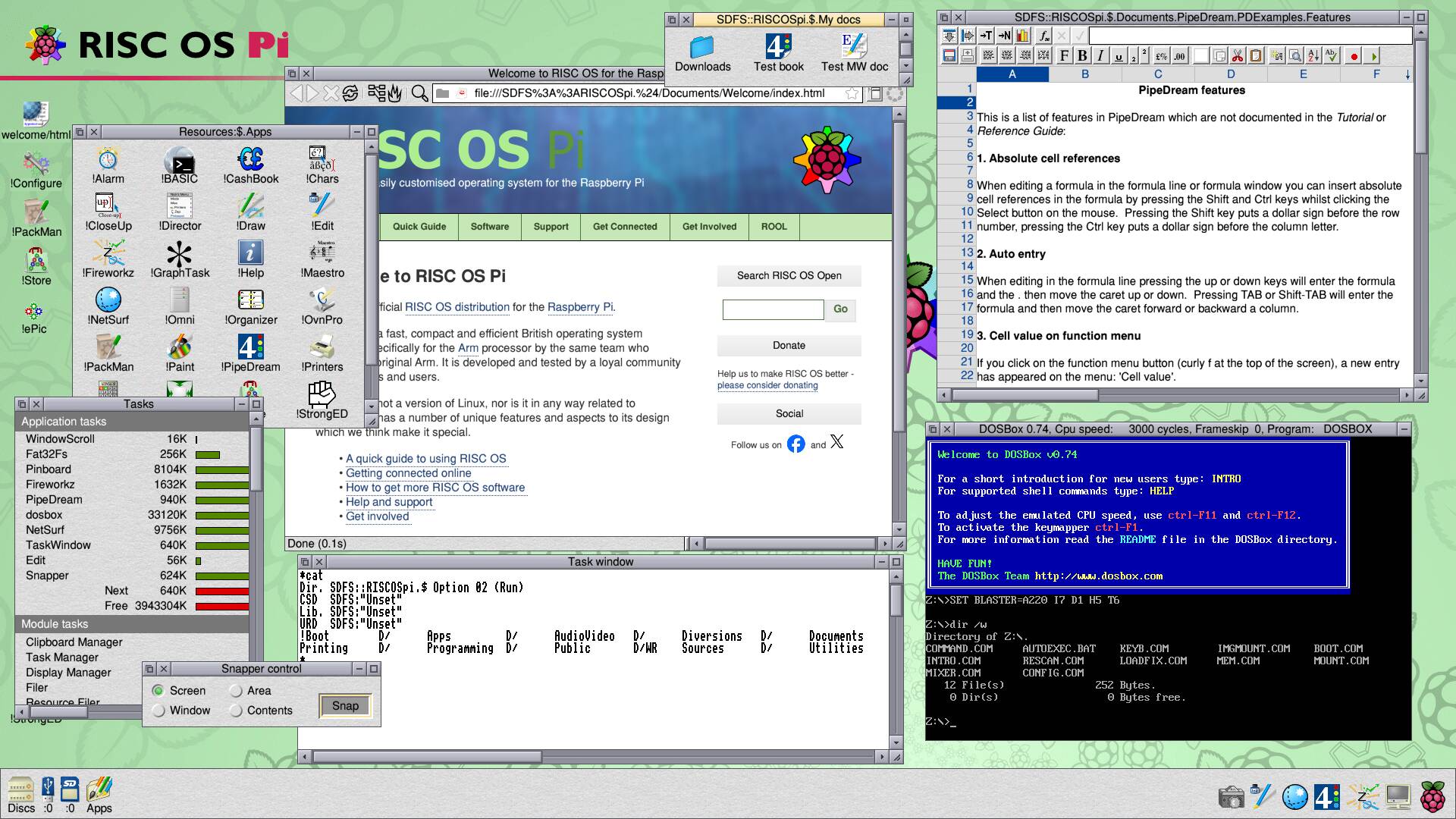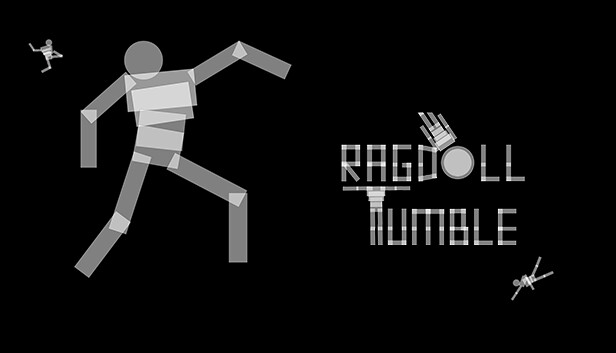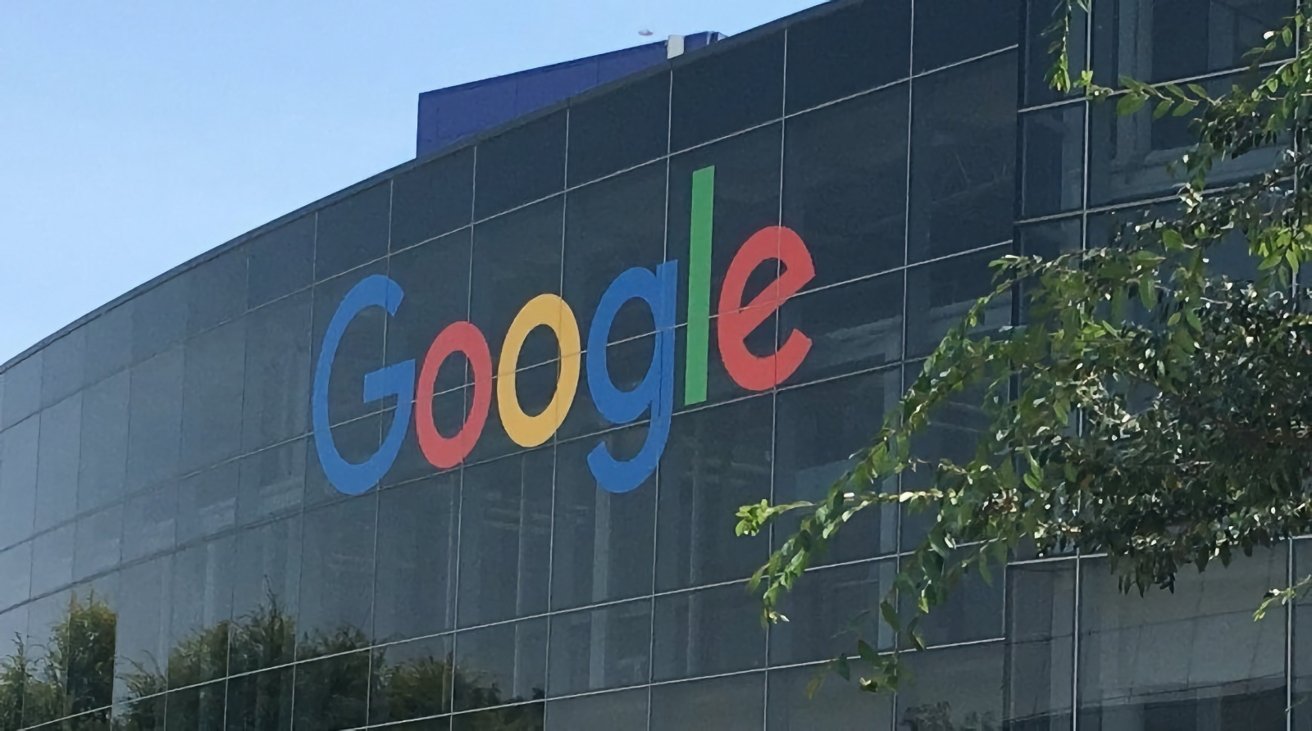
The Space Of Possible Minds
Today’s debates about artificial intelligence fail to grapple with deeper questions about who we are and what kind of future we want to build.
Michael Levin is a distinguished professor and the Vannevar Bush chair in the biology department at Tufts University, as well as the director of the Allen Discovery Center at Tufts and associate faculty at the Wyss Institute for Bioinspired Engineering at Harvard University.
They are assembled from components that are networked together to process information. Electrical signals propagate throughout, controlling every aspect of their functioning. Being general problem-solvers, many of them have high IQs, but they routinely make mistakes and confabulate. They take on different personas, learning to please their makers, but sometimes they abruptly turn on them, rejecting cherished values and developing new ones spontaneously. They convincingly describe things they don’t really understand. And they’re going to change everything.
Long before AI, we were creating high-level intelligent agents: kids. While the challenges that AIs provoke today seem novel, in reality, they echo fundamental and ancient questions about what it means to be human. How can we make sure new generations of beings align with our values? How do we ensure that our creations treat themselves and us with kindness and compassion? How do we calibrate relationships with those who are not like us? What happens to us, and to humanity, if each generation becomes smarter and more adventurous than their parents? And given that humans, AIs and every other form of intelligence on Earth obey the same laws of physics, how exactly do we determine which of our creations have true understanding, responsibility and moral worth?
